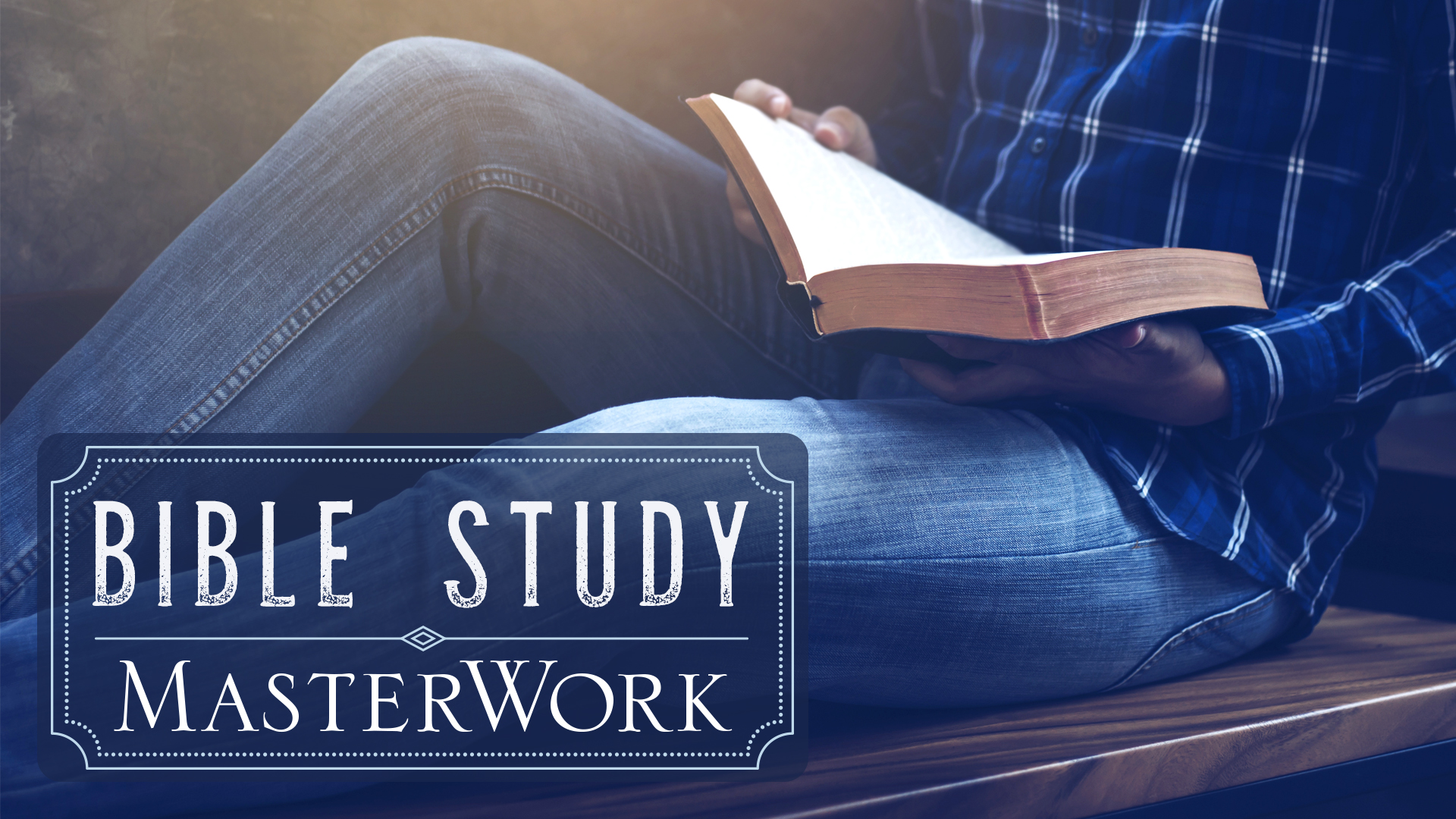
DALLAS (BP) – “Can God trust you?” if you are called upon to pay a social or financial price for following Jesus, an American pastor who spent two years imprisoned in Turkey asked students and faculty at Dallas Baptist University.
Andrew Brunson spoke in chapel at DBU as part of a global gathering to pray for persecuted religious minorities Oct. 25.
Brunson and his wife Norine spent 23 years in Turkey, starting churches, aiding refugees and providing religious training. An evangelical Presbyterian, he served as pastor of Resurrection Church in Izmir, Turkey, until he was falsely accused of terrorism in October 2016.
Preparation for persecution
Almost 10 years prior to his imprisonment, Brunson said he felt compelled to begin praying for God to draw him so close to God’s heart he could “make waves.” So, he began to pray in a different way than he had before.
He and his wife had a relationship with God for years, he explained, but they became much more focused on pursuing His presence and His heart.
“God, I don’t love you with all my heart, with all my heart, soul, mind and strength, but I want to. Help me to love you more,” he prayed.
Brunson noted he wanted to pant for God like the psalmist said the deer pants for water, “but I don’t.” So, in 2007 he began to pray: “Make me thirsty. Make me hungry for you.”
As he and his wife prayed, they became hungry for more of God, and they started to long for His presence.
“And this pursuit of God began to change us,” he said. “It’s the pursuit that forms us, that shapes us. And it also positions us to receive assignments from God, including the prison assignment.”
He noted he does not believe God put him in prison, but rather that God was fully involved and intended to use the “assignment” for His purposes.
Brunson said his first year in prison he “broke emotionally, physically and spiritually.”
He noted he almost didn’t survive imprisonment, spiritually or physically. The second year was also very difficult, but in the second year, “God rebuilt my heart.”
God knew how difficult imprisonment would be for Brunson, he noted. God knew how he would break, how much he would suffer, and how close he would come to failure, yet he still went to prison.
When he was in prison, Brunson questioned why God allowed it to happen. It was after his release Brunson was able to come to view his time in prison as God trusting him with a difficult assignment.
“And that changed the way I evaluated my prison experience,” he said.
Brunson recalled thinking when he was in prison: “God, people say you don’t make mistakes, but in this case, you really did make a mistake. You chose the wrong man for this, because I can’t handle this.”
But he came to believe God knew that in his darkest, most difficult times, Brunson would turn toward God, not away from Him. He believes God trusted him with this assignment because the love and intimacy they had built up would be sustained, “because love doesn’t quit.”
When Brunson initially was imprisoned, his wife was jailed, too. She was released after two weeks, at which time pastors in the United States urged her to return to the safety of the U.S. But she said, “I’m not leaving my husband.”
He pointed out she stayed because she loves him. Norine was the only one allowed to visit during his imprisonment. “She put herself at risk because of her love for me. … So yes, a lover is willing to suffer for the one she loves. An admirer may not be so willing.”
God has many admirers and servants, but few lovers, Brunson said. “So I want to encourage you today to determine that you will be a lover of God – that you will run after His heart.”
Love fueled faithfulness
Brunson provided examples of how his love for God fueled his faithfulness in prison.
He had a Bible while he was imprisoned and noted Philippians 2:4 – which refers to not looking to one’s own interests – spoke to him.
He realized he was looking to his own interests – wanting to get back to his wife and children – when he began to question whether God’s interests might be best served if he remained in prison, he said.
So, while it was a daily struggle to put the interests of Jesus above his own, Brunson made doing so his mission.
When Brunson was moved to a high security prison, his “heart was wounded toward God,” because he wasn’t seeing God’s faithfulness in prison. He didn’t feel like singing, but Brunson said he made it a daily discipline to worship God through singing despite how he felt.
“It was very precious to God,” he asserted, because the worship was an act of love toward God during Brunson’s “dark night of the soul.”
Because Christians are commanded to rejoice, Brunson also began to dance as a spiritual discipline, which he admitted was somewhat strange. But it served as a helpful act of obedience and love for him to dance when he least felt like dancing.
Brunson said though he prayed for God’s presence, he didn’t feel it when he was imprisoned. It’s harder to find feelings of love when the sense of God’s presence is missing, he noted.
His love for God was “severely tested,” but he determined to “lay aside all the conditions” and respond even to God’s silence with simple love and devotion.
When he was placed in a solitary cell, Brunson felt he was starting to break again. But when he opened his mouth to question, “Where are you, God?” the words, “I love you, Jesus,” spilled out instead.
Then Brunson knew he had passed “the test of silence,” he said. He had passed “the test of the wounded heart.” There’s an intimacy that only comes with testing, he said.
Brunson asserted the most important thing Christians can do is love God. And they can begin to build this into their lives right now by spending time with Him.
Despite how difficult his imprisonment was, Brunson noted he misses the Turkish prison conditions because “they taught him what was really important.” He said, “I miss the desperation with which I ran after Him.”
“You don’t have to be unprepared,” to face persecution, Brunson noted.
Daniel 11:32 says the one who knows God will stand and take action. Get to know God well now to be ready for any future test, Brunson urged.
Brunson’s release came after two years with intense pressure and sanctions from the United States. Many around the world prayed for his release. Upon his release, he and Norine returned to the States where they run the ministry WaveStarters.
This article originally appeared in the Baptist Standard.














